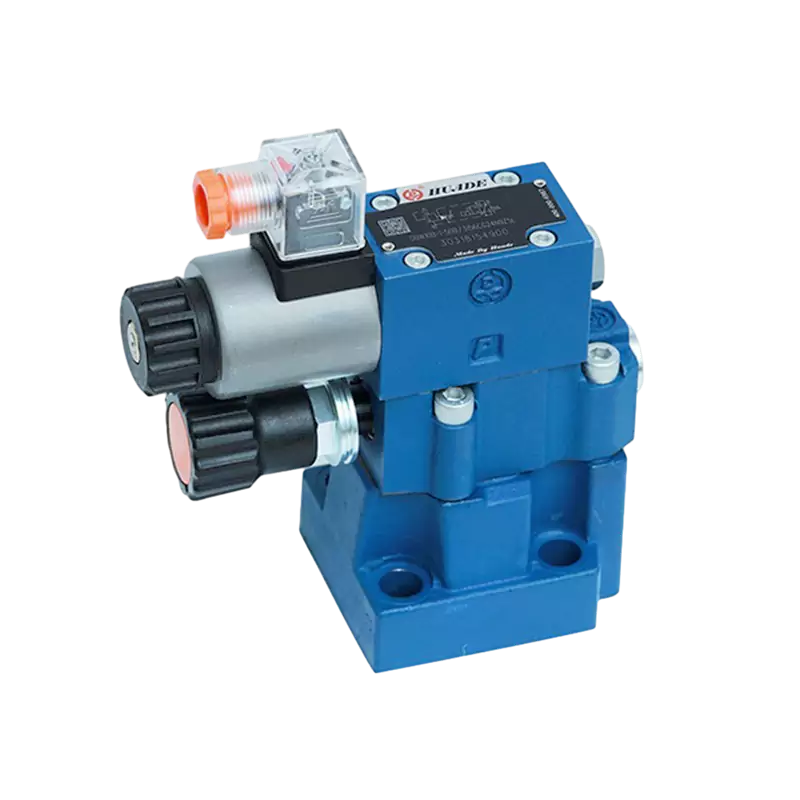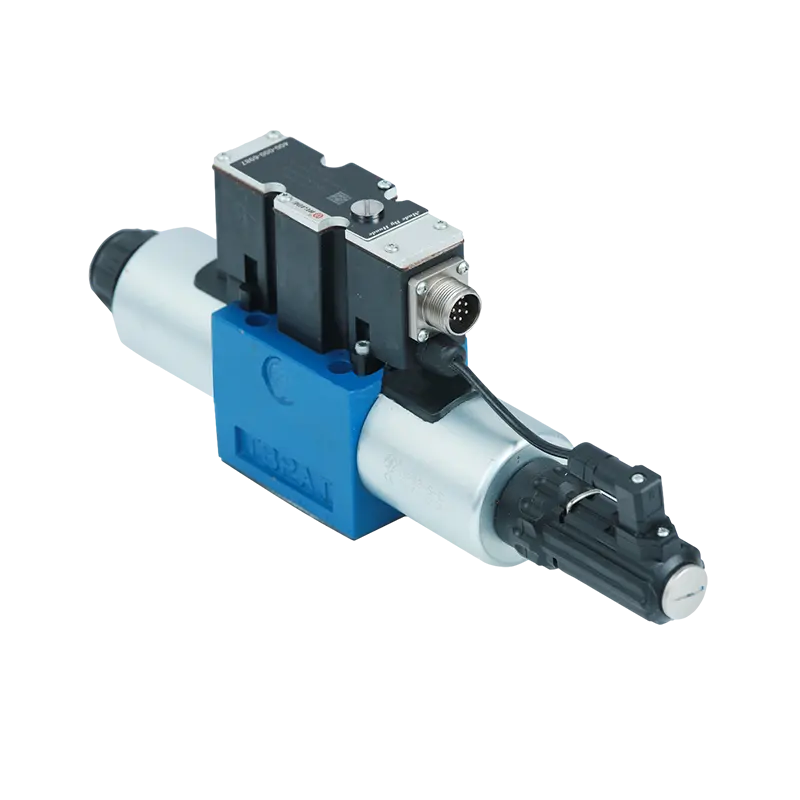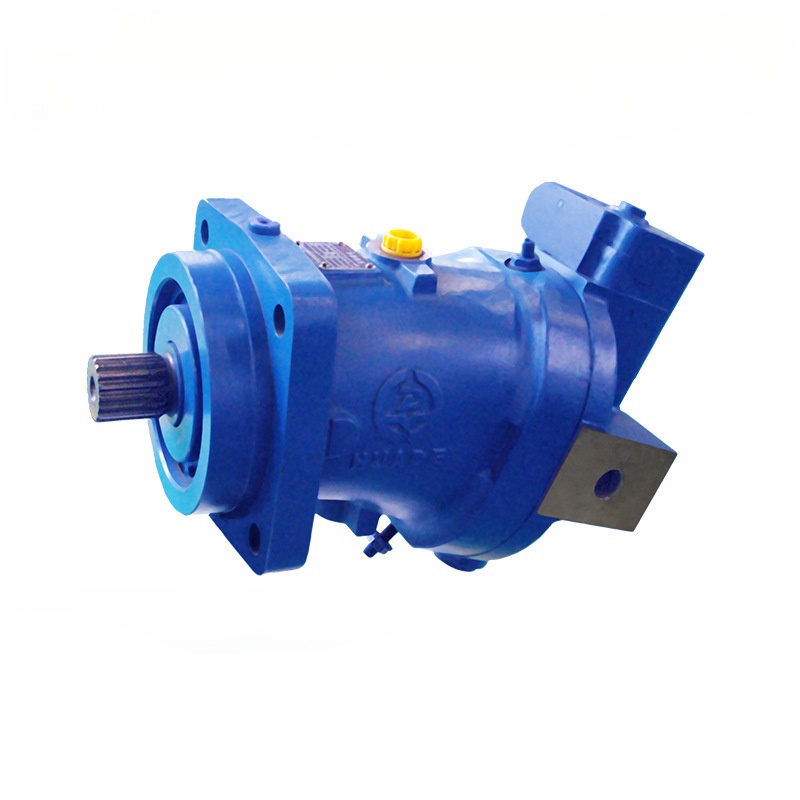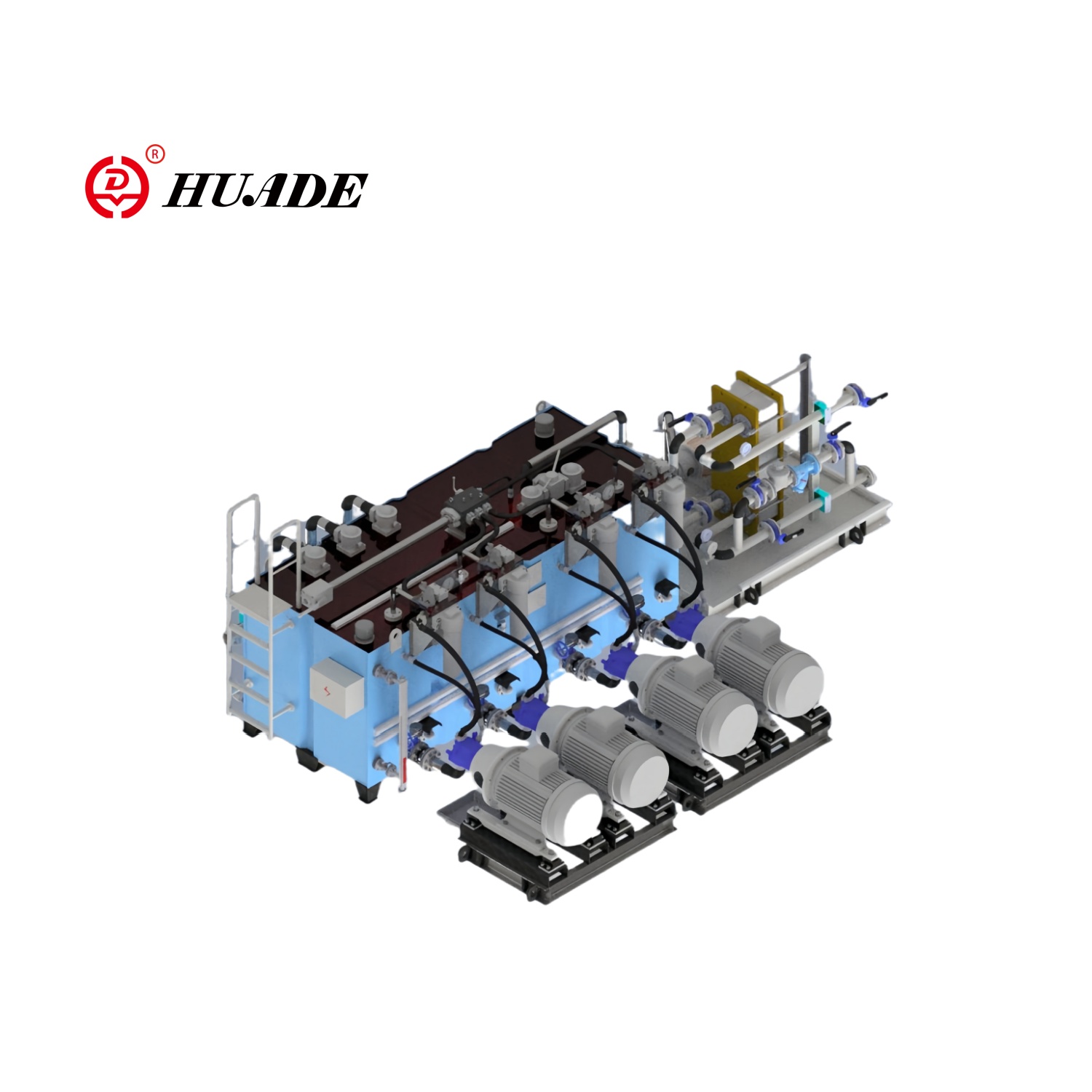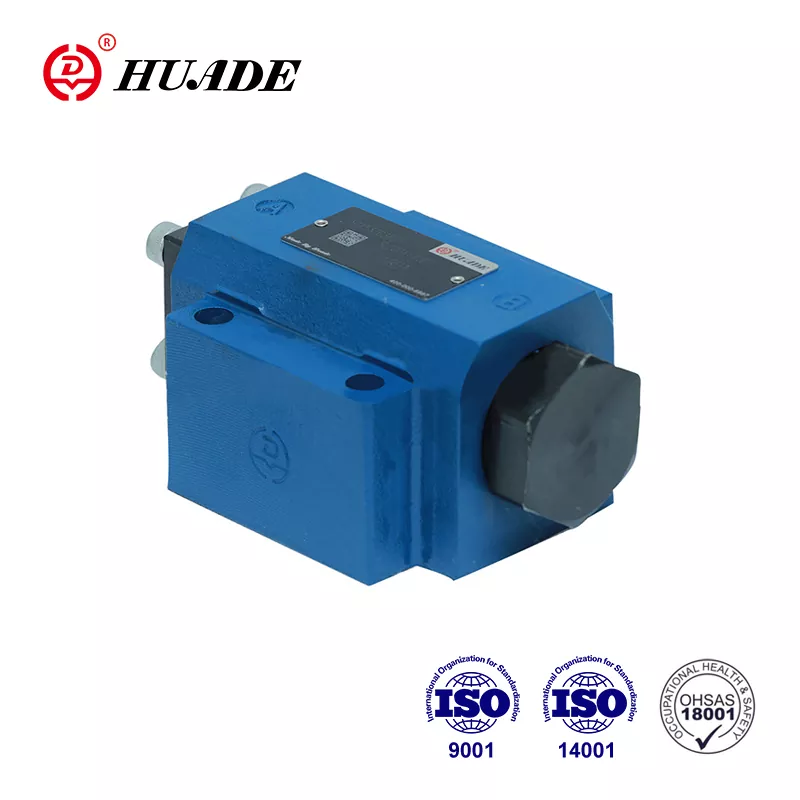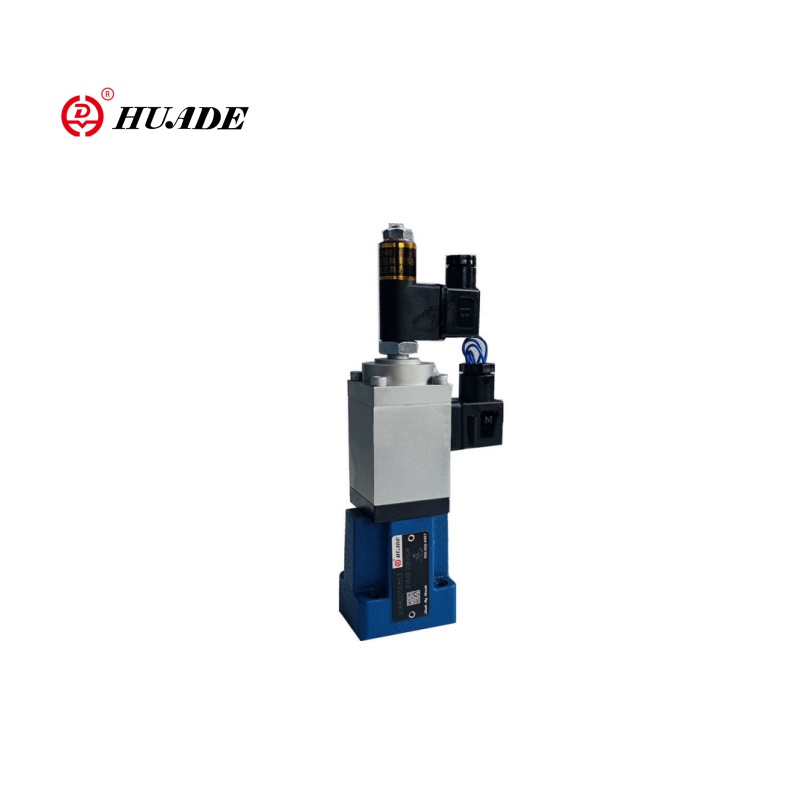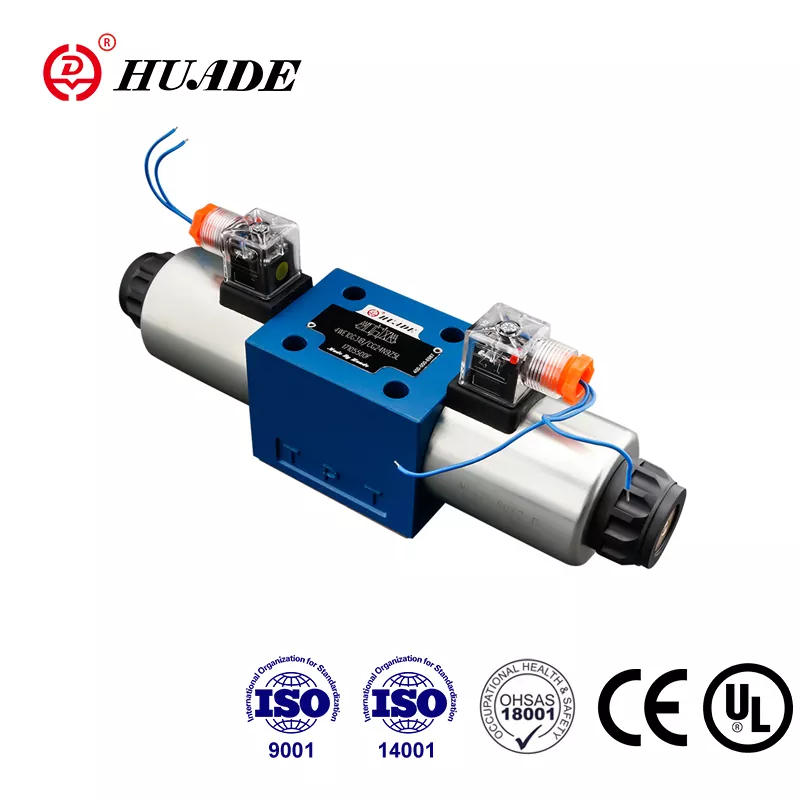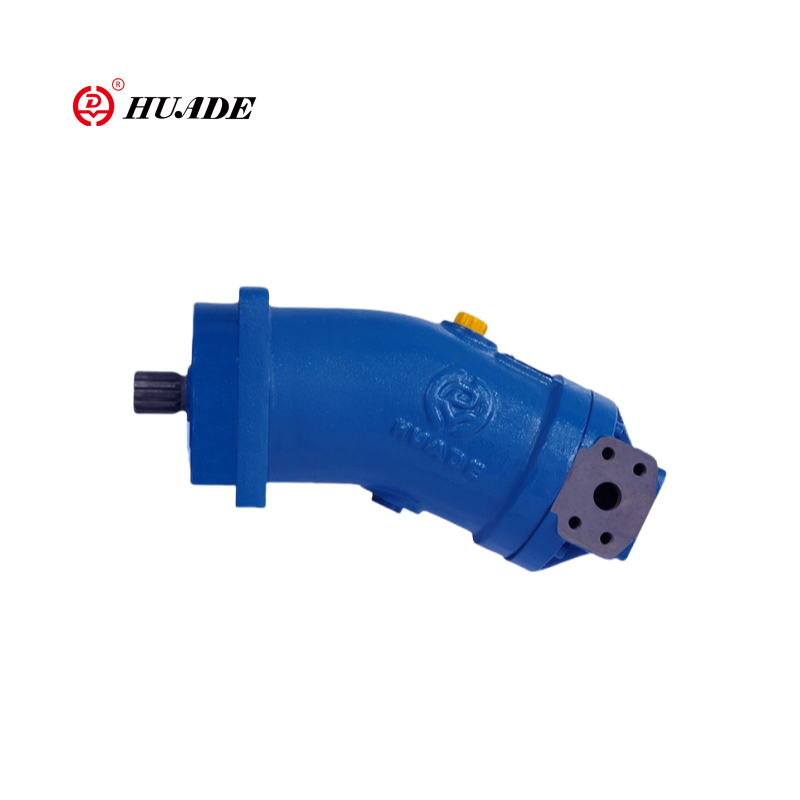
Axial piston pumps are powerful machines that make many industries work smoothly. From construction sites to airplanes, these pumps provide the muscle behind heavy machinery. But what makes them so special? Let's explore the key benefits that make axial piston pumps the go-to choice for demanding applications.
What Is an Axial Piston Pump?
Before diving into the benefits, let's understand what we're talking about. An axial piston pump is a type of hydraulic pump that uses pistons arranged in a circle to move fluid under high pressure. Think of it like a car engine, but instead of burning fuel, it pushes hydraulic fluid to power machines. [Understand how axial piston pumps work first]
The "axial" part means the pistons move back and forth in the same direction as the main shaft spins. This design creates incredibly high pressure - much more than other pump types.
Top 8 Benefits of Axial Piston Pumps
1. Incredible High Pressure Performance
The biggest advantage of axial piston pumps is their ability to create extremely high pressure.
Key Facts:
- Regular models handle over 4,000 PSI
- Special models can reach up to 6,000 PSI or more
- Much higher than gear pumps (typically under 3,000 PSI)
Why This Matters:
- Powers heavy construction equipment like excavators
- Operates aircraft control systems safely
- Runs industrial machines that need precise force
2. Outstanding Energy Efficiency
These pumps are champions at saving energy and reducing costs.
Money-Saving Benefits:
- Lower electricity bills
- Reduced fuel costs for mobile equipment
- Less heat generation means less cooling needed
3. Precise Flow Control
Unlike fixed pumps, axial piston pumps can adjust their output exactly when needed.
Control Features:
- Variable displacement design
- Swash plate angle adjustment
- Automatic pressure compensation
- Servo control systems
4. Compact Size, Maximum Power
Axial piston pumps pack incredible power into small spaces.
Size Advantages:
- High power-to-weight ratio
- Fits in tight spaces
- Perfect for mobile equipment
- Ideal for aircraft applications
5. Long-Lasting Durability
These pumps are built to last, even under tough conditions.
Durability Features:
- 10,000+ hours of full-load operation
- High-strength alloy construction
- Advanced ceramic materials
- Precision manufacturing
Cost Benefits:
- Less frequent replacements
- Reduced maintenance downtime
- Lower total cost of ownership
- Fewer emergency repairs
6. Quiet and Smooth Operation
Modern axial piston pumps are surprisingly quiet for such powerful machines.
Noise Reduction Features:
- Optimized valve plate design
- Damping hole technology
- Swash plate configuration
- Advanced materials
Benefits:
- Better working conditions
- Meets noise regulations
- Suitable for indoor use
- Less vibration damage to surrounding equipment
7. Environmental Benefits
These pumps support green technology goals.
Eco-Friendly Features:
- High efficiency reduces energy consumption
- Oil-free designs prevent contamination
- Lower carbon footprint
- Meets ESG (Environmental, Social, Governance) standards
8. Versatile Applications
Axial piston pumps work well in many different industries.
Major Applications:
Construction Equipment: Excavators, loaders, bulldozers
Aerospace: Flight controls, landing gear, brakes
Marine: Ship steering, deck machinery, stabilizers
Industrial: Injection molding, hydraulic presses, machine tools
Special Uses: High-pressure cleaning, water cutting, test equipment
How Do Axial Piston Pumps Create Pressure?
Understanding how these pumps work helps explain their benefits.
Variable Control: By changing the swash plate angle, operators can adjust how much fluid the pump moves and at what pressure - like having multiple pumps in one unit.
Comparing Axial Piston Pumps to Other Types
| Feature | Axial Piston | Gear Pump | Vane Pump |
|---|---|---|---|
| Max Pressure | Very High (6,000+ PSI) | Medium (3,000 PSI) | Medium (2,900 PSI) |
| Efficiency | Excellent (90-94%) | Good (80%) | Good (85%) |
| Flow Control | Variable, precise | Fixed flow | Variable/Fixed |
| Size | Compact | Simple | Medium |
| Initial Cost | Higher | Lower | Medium |
| Maintenance | Regular, but long-lasting | Simple | Simple |
| Noise Level | Low (with swash plate) | Medium | Low |
| Best For | Heavy equipment, aerospace | Basic systems | Smooth flow needs |
Economic Benefits: Worth the Investment?
Initial Costs:
- 30-60% higher than gear pumps upfront
- More complex installation
Long-Term Savings:
- Lower energy bills (high efficiency)
- Fewer replacements (durability)
- Less maintenance downtime
- Better performance
Market Growth: The axial piston pump market is growing at 3.6-5.8% yearly, reaching $4.01 billion by 2033, proving their value to industries worldwide.
Future Trends and Smart Features
Technology Advances:
- IoT Connectivity: Real-time performance monitoring
- Predictive Maintenance: Prevents breakdowns before they happen
- Smart Controls: Automatic optimization for best efficiency
- Advanced Materials: Lighter, stronger components
Manufacturing Improvements:
- 3D printing for complex parts
- Better surface treatments for longer life
- Composite materials for weight reduction
Challenges and Limitations
Honest Assessment:
- Higher Complexity: Needs skilled technicians for maintenance
- Initial Cost: More expensive than simple pumps
- Fluid Cleanliness: Requires very clean hydraulic oil
- Precision Manufacturing: Tight tolerances needed
Solutions:
- Proper training programs
- Quality filtration systems
- Preventive maintenance schedules
- Working with experienced suppliers
When to Choose Axial Piston Pumps
Best Applications:
- High pressure requirements (over 3,000 PSI)
- Variable flow needs
- Energy efficiency is important
- Space limitations
- Long operating hours
- Precision control needed
Consider Alternatives When:
- Simple, low-pressure applications
- Very tight budgets
- Minimal maintenance capability
- Low operating hours
Why Axial Piston Pumps Lead the Industry
Axial piston pumps offer unmatched benefits for demanding applications:
While they cost more initially, their combination of high performance, efficiency, and reliability makes them the smart choice for serious applications. As technology advances with smart controls and better materials, these pumps will become even more valuable. Consider different piston pump types for your needs.
Looking for the right axial piston pump for your application? Consider factors like pressure requirements, flow needs, space constraints, and long-term operating costs to make the best choice for your specific situation.


